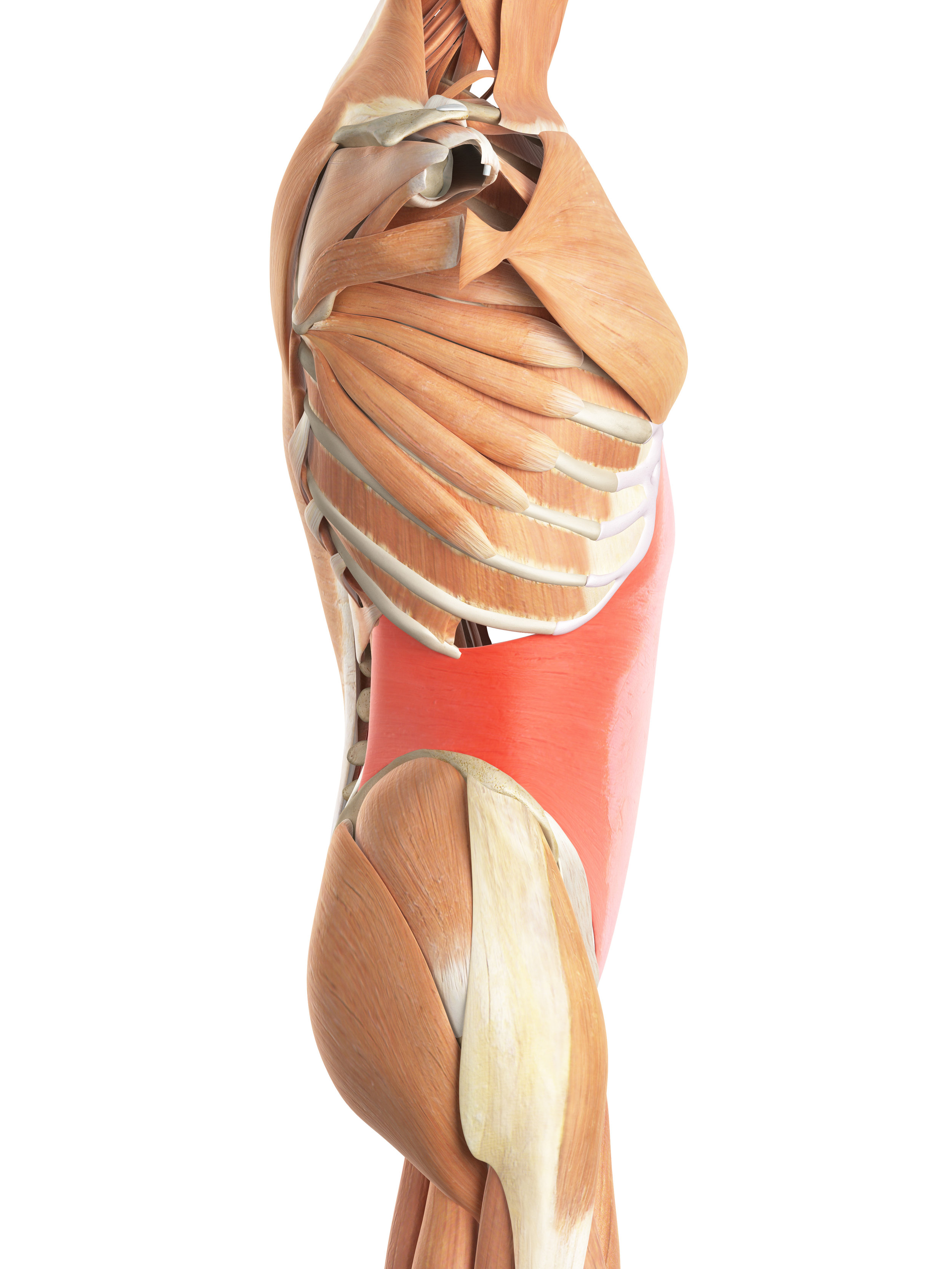What is your core, and why does it matter?
The core: a primer.
Your "core". It matters--a LOT--and our physical therapist Dr. Anna Luna spent some time describing the role of the core at our runner's workshop in July. Here's a glimpse at what she taught us about the core.
Want a core strength eval? Contact us.
What is your core?
Your core. You hear about it all the time, and yet, do you really know why you hear about it? It’s super important, yes, but so is baking at 350 degrees, and I have really no idea why that works. I just trust the experts and do what they say. But studies show you’ll be more involved AND get better results when you really learn about the WHY of what you’re doing, so here goes (for the why of baking, check out this Vox video!)
What your core is NOT
Your core is NOT your 6-pack, (rectus abdominus). Nor is it your obliques. Those muscles are what we call prime movers—they are responsible for producing movement through the trunk, and they help stabilize in a big way—resisting forces that try to bend or twist you the opposite way the muscle moves. However, they are not really the thing we physical therapists harp about in regards to core stability and injury prevention or recovery.
What your core IS
Your core IS a larger set of muscles that work together to create a dynamically stable cylinder that starts at your diaphragm and ends in the bottom of your pelvis. The walls are made up of your deep abdominal muscle, the transversus abdominis (TA) as well as some of your small back muscles (multifidi). The top is made up of the diaphragm, and the bottom comprises your pelvic floor muscles.
What your core DOES
The function of these muscles is to stabilize your trunk and spine as you move through space. They do this by working together to adjust to your body position and breath as you move your limbs, lift and carry objects, run, or walk. These muscles should be strong enough to withstand the activities you do, and also good at relaxing when you’re not working. They should also be able to contract in preparation for movement or activity, which is pretty cool. Your abdominal muscles should actually start contracting before you take a step, or as you prepare to lift that heavy suitcase off the ground.
How do you know if you're using your core correctly?
A physical therapist here at Langford can assess your ability to use your deep core muscles, and we have two women’s health physical therapists who specialize in looking at the function of your pelvic floor.


